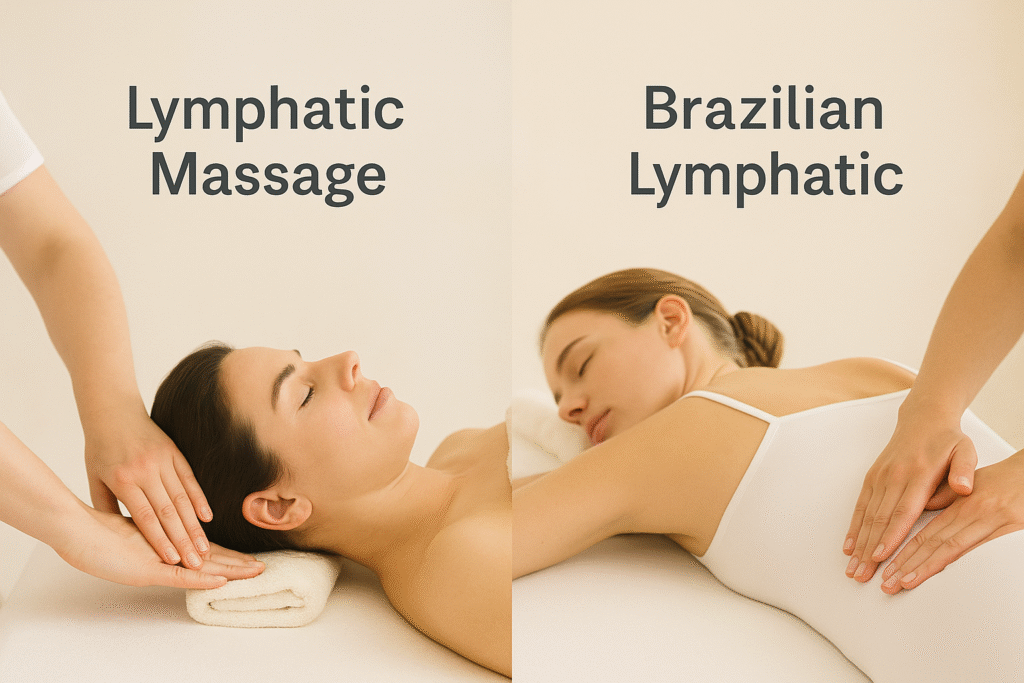Health Prevention: Include Kinesiology in Your Wellness Routine!Maintaining a proactive approach to health is key to leading a fulfilling and active life. One of the most effective ways to support long-term well-being is by incorporating kinesiology into your wellness routine. Kinesiology, the study of human movement, plays a crucial role in injury prevention, stress management, …
Health Prevention: Include Kinesiology in Your Wellness Routine!
Maintaining a proactive approach to health is key to leading a fulfilling and active life. One of the most effective ways to support long-term well-being is by incorporating kinesiology into your wellness routine. Kinesiology, the study of human movement, plays a crucial role in injury prevention, stress management, and overall quality of life. Whether you are an athlete, office worker, or someone looking to enhance daily function, kinesiology offers tailored strategies to keep your body strong, resilient, and pain-free.
The Role of Kinesiology in Injury Prevention
Injuries can significantly impact mobility, productivity, and quality of life. Kinesiology focuses on proper movement patterns, muscle balance, and joint stability, helping to reduce the risk of injuries before they occur. Through movement assessments and corrective exercises, kinesiologists identify weaknesses and imbalances that could lead to strain or dysfunction. By strengthening stabilizing muscles, improving flexibility, and refining posture, individuals can engage in physical activities with reduced risk of injury. This proactive approach is particularly beneficial for athletes, fitness enthusiasts, and individuals recovering from previous injuries who want to avoid re-injury.
Kinesiology for Stress Management
The effects of stress on the body extend beyond mental fatigue, often manifesting as muscle tension, poor posture, and decreased mobility. Kinesiology helps manage stress through guided movement, breathing techniques, and exercises that promote relaxation. Physical activity has been shown to release endorphins, reduce cortisol levels, and improve overall mental well-being. Kinesiologists incorporate customized movement programs that align with individual needs, ensuring that exercise not only strengthens the body but also alleviates stress and enhances emotional balance.
Enhancing Overall Quality of Life with Kinesiology
Beyond injury prevention and stress relief, kinesiology supports general well-being by promoting functional movement and optimal physical performance. Whether you want to maintain independence as you age, improve posture to prevent chronic pain, or increase energy levels through structured exercise, kinesiology provides the foundation for a healthier lifestyle. By understanding how the body moves and responds to various stimuli, individuals can improve coordination, endurance, and strength, leading to better movement efficiency in everyday activities. Additionally, kinesiology-based interventions can help manage chronic conditions such as arthritis, back pain, and mobility restrictions, ultimately improving long-term health outcomes.
Conclusion
Including kinesiology in your wellness routine is an effective way to prioritize health prevention and maintain an active, pain-free lifestyle. By focusing on injury prevention, stress management, and movement optimization, kinesiology enhances physical and mental well-being. Whether through guided exercises, posture corrections, or personalized training programs, kinesiologists provide valuable expertise to help individuals achieve their health and fitness goals. Embracing kinesiology as part of your wellness routine can lead to improved mobility, reduced pain, and a greater sense of overall well-being for years to come.







